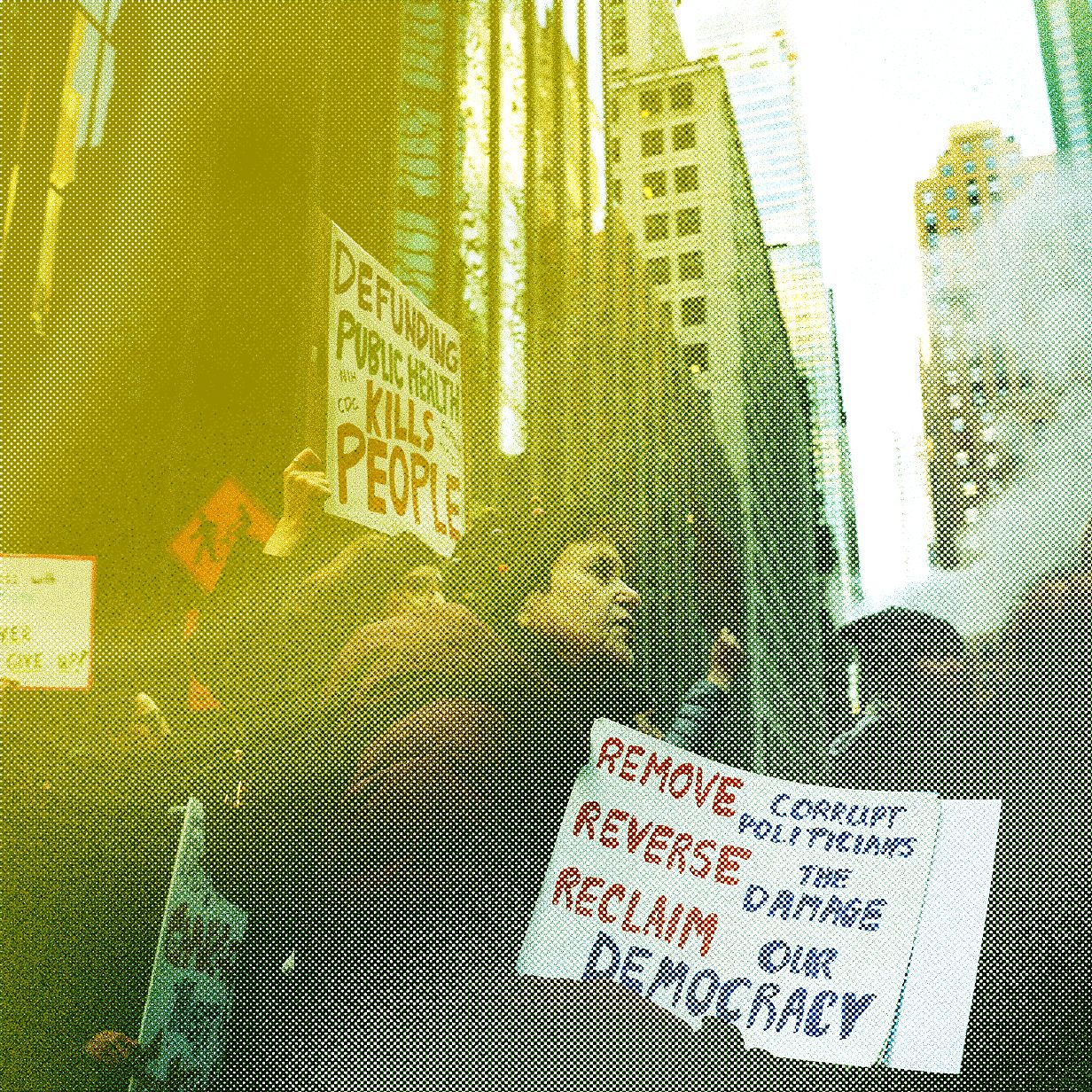How Americans Are Surveilled During Protests
How Americans Are Surveilled During Protests
Protests have become a…

How Americans Are Surveilled During Protests
Protests have become a common sight in America as citizens exercise their right to assemble and speak out against injustices. However, many Americans may not realize the extent to which they are being surveilled during these demonstrations.
Law enforcement agencies often use a variety of tools to monitor protests, including drones, cameras, and social media monitoring software. These tools can track individuals’ movements, gather data on their activities, and even identify specific protesters.
In addition to these high-tech surveillance methods, undercover officers may also be present at protests, infiltrating the crowds to gather information on organizers and participants.
This level of surveillance raises concerns about privacy and the potential for abuse by authorities. Critics argue that it can have a chilling effect on free speech and the right to protest.
Despite these concerns, law enforcement agencies defend the use of surveillance as a necessary tool to maintain public safety and prevent violence during protests.
Recent protests, such as those in response to police violence and racial injustice, have highlighted the need for greater transparency and accountability in how Americans are surveilled during demonstrations.
Activists and civil liberties groups are calling for stricter regulations on the use of surveillance technology and for greater oversight of law enforcement agencies.
Ultimately, the question remains: how can Americans exercise their rights to protest and speak out against injustices without fear of being constantly watched and monitored?
As debates continue on this issue, it is clear that finding a balance between security and privacy will be crucial in ensuring that Americans can continue to exercise their constitutionally protected rights.




